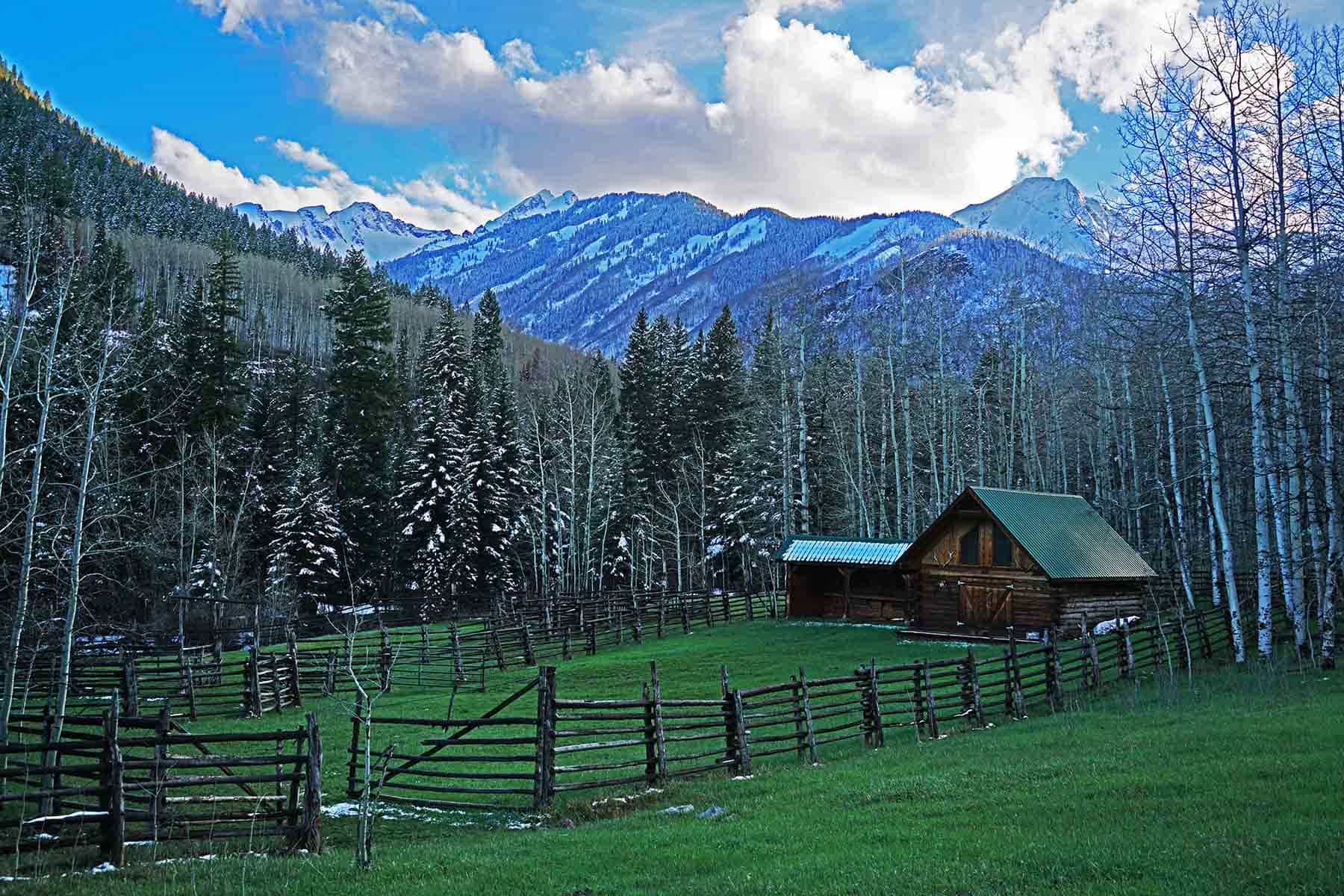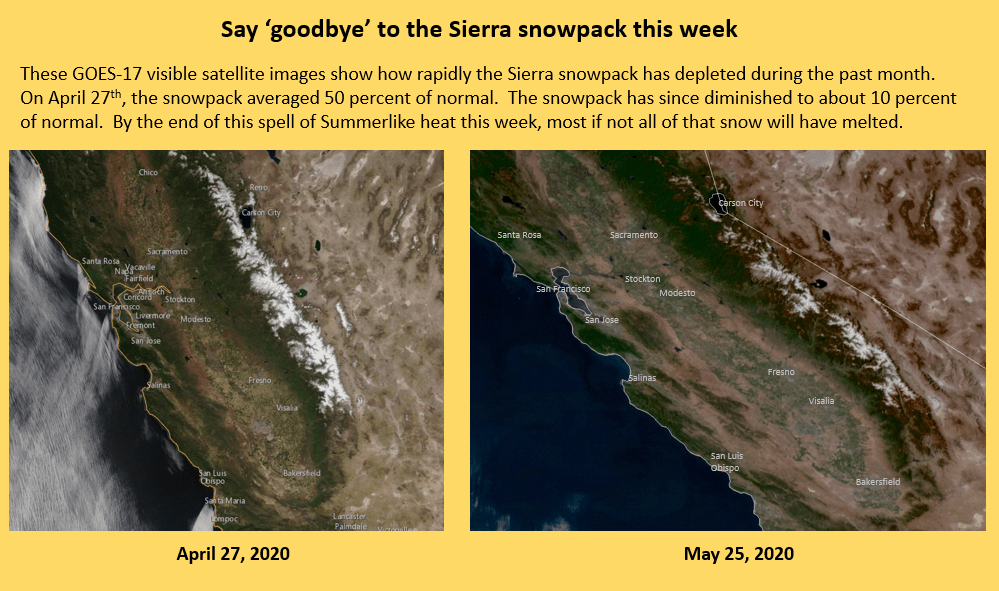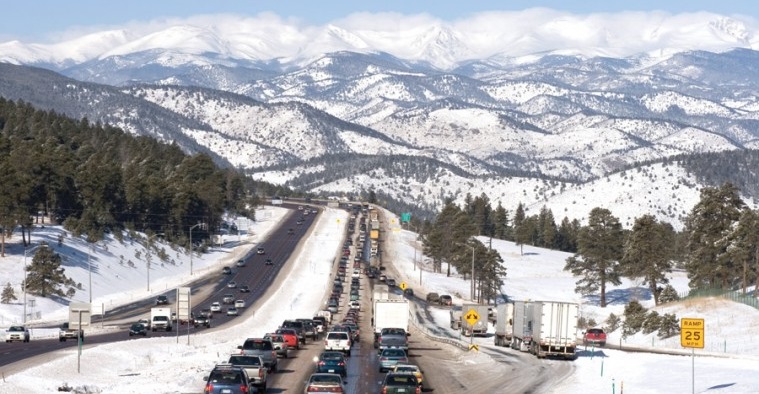
Many areas in the Western US experienced an extremely dry winter. For example, Colorado, which relies heavily on the snowpack as a water source, has declared a state of extreme drought in a third of the state. The dry winter and warming temperatures are leading the state to look towards water security solutions.

Aspen, Colorado lies at the headwaters of the Colorado River. The 6,500-person population relies on water mainly from Castle and Maroon Creeks, which are fed by snowpack from the surrounding mountains. As of June 11th, the reported snowpack was at only 8% of it’s median depth in the area. Currently, the city is only able to store a days worth of water, which puts it in a vulnerable position when it comes to the water supply.

Aspen had been renewing a filing in the Colorado water court since 1965, which stated the possibility of building dams on the creeks as a form of storage. Wilderness Workshop and Western Resource Advocates have been opposed to the idea, as dams would flood some of the state’s most natural and untouched landscape. In May of this year, the city of Aspen agreed to stop the renewal, meaning no dams will be built in the area. Aspen is looking towards water storage ideas with less damaging environmental impacts.

One solution being tested is water storage beneath the city’s municipal golf course. Water would reach an aquifer held under the course either by injection or a basin designed to lead the water underground. This storage solution could hold up to 1,200 acre-feet of water and supply 2,400 households for one year, while also eliminating the factor of evaporation.
Water management officials are also looking at diverting water from the Roaring Fork River and storing it in a retrofitted gravel pit in the area. The pit would hold 8,000 acre-feet of water. Other plans include irrigating land with recycled water and introducing a metering system that will allow households to monitor water use.





We all live downstream. In this case the CO river basin is one of the worst managed watersheds there is. And millions depend on it. Federal intervention is required, but is way down the list of priorities right now.